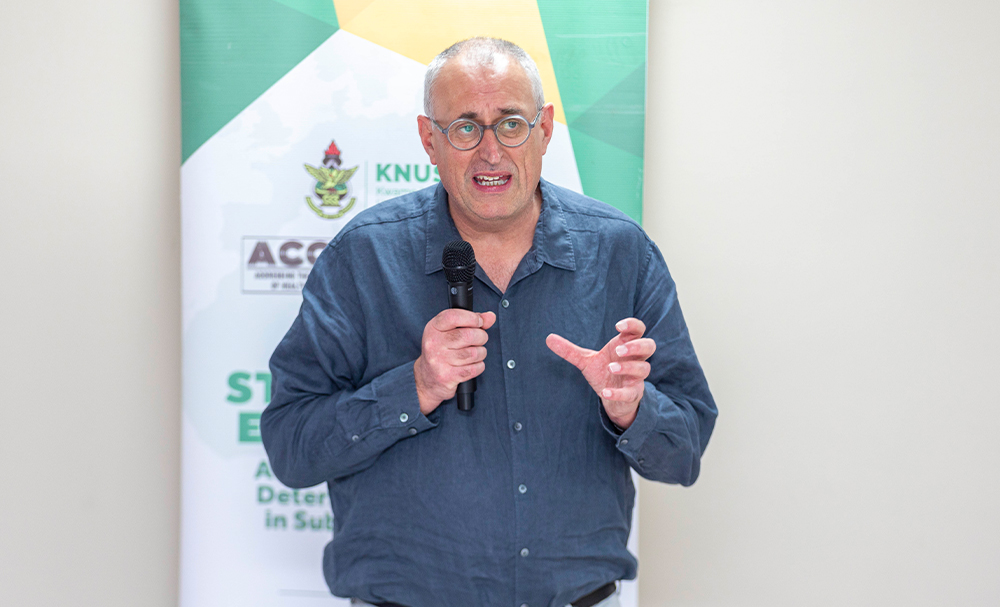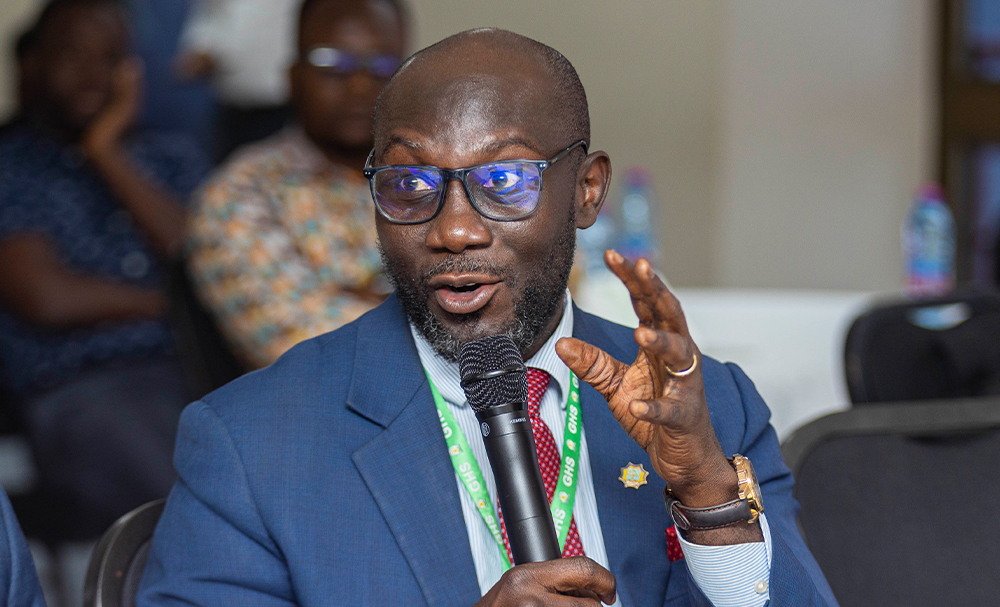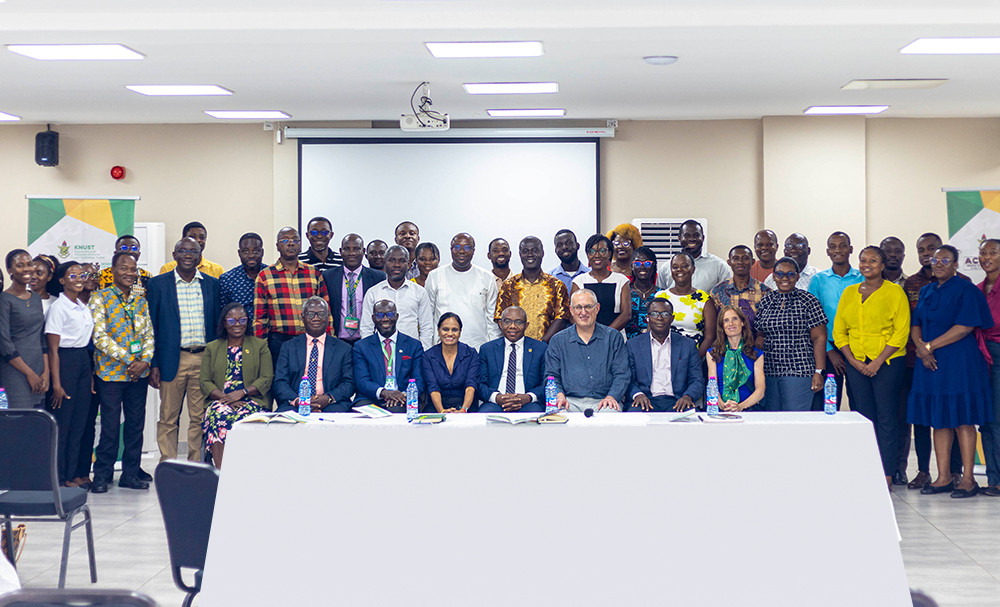The Addressing the Commercial Determinants of Health in Sub-Saharan Africa (ACORDS) Project has held a stakeholder engagement event in Ghana, bringing together policymakers, researchers, and health professionals to discuss the impact of unhealthy commodity industries on public health.
The meeting, aimed at raising awareness and strengthening collaboration, focused on how commercial practices, particularly those of industries selling harmful products such as tobacco, alcohol, and ultra-processed foods, contribute to the growing burden of noncommunicable diseases (NCDs) across the region.
Speaking on behalf of Professor Peter Agyei-Baffour, Dean of the School of Public Health, Professor Anthony Adusei emphasized the significance of the project in shaping research, education, and health policy.
“We shall be successful. I hope all of us bring to the fore our respective responsibilities to make the project a success,” he said.

Professor Christian Agyare, Provost of the College of Health Sciences, noted the urgency of addressing the influence of harmful industries on public health.
“NCDs are responsible for over 40% of all deaths in Ghana every year. But behind this crisis lies a powerful driver: the unhealthy commodity industry, which aggressively markets and distributes harmful products,” he said.
“By shining a light on industry practices, this research will help inform Ghanaians of the risks and hold powerful actors accountable. This is more than a research project. It is a bold and timely response to one of the most pressing yet often overlooked threats to public health and well-being in our country.”

Professor Jeff Collin, Principal Investigator of the ACORDS project, outlined its core objectives, which include examining how corporate political activity in sectors such as alcohol, ultra-processed foods, and fossil fuels affects population health.
“The project will map the health impacts of corporate actions and use economic modelling to support effective policy responses,” he said.
“We’re also looking at how governance can be strengthened by managing conflicts of interest, improving policy coherence, and collaborating with civil society to promote health equity.”

Dr. Fred Adomako-Boateng, Ashanti Regional Director of the Ghana Health Service, acknowledged Ghana's progress in tobacco control, but said more needs to be done in regulating other harmful products.
“The study is not just about data collection. It is an initiative with the potential to serve as a model for other African countries tackling a critical health challenge,” he said.
“I’m excited that ACORDS will be the first study in this region to unravel how unhealthy industries influence public policy.”

Dr. Arti Singh, Lead for ACORDS-Ghana, stressed that the project is not anti-business, but rather aims to establish clearer boundaries between industry and health policymaking.
“The idea is not to shut down industries or reject the economic benefits they bring, but to ensure that engagement is conducted transparently and at arm’s length,” she said.
“We need a conflict-of-interest tool, so every sector understands how to work with these industries without compromising public health. One key principle is that we don’t sit at the same table with them when setting health policy.”
ACORDS is a multi-country initiative with partners in Ghana, the UK, South Africa, and Kenya.
Conducted over four years the research brings together leading researchers from the University of Edinburgh, UK; The University of the Witwatersrand, South Africa; Kwame Nkrumah University of Science and Technology, Ghana and the African Population Health Research Centre, Kenya.
The research aims to produce Ghana-specific evidence to support the development of public health policies, including laws on taxation, advertising, product labelling, and healthier school food environments.
The initiative is part of a broader effort to deepen understanding of commercial determinants of health and to generate policy-relevant insights for promoting healthier populations in sub-Saharan Africa.
Notably, it is the first multi-country research project of its kind in the region focused specifically on the commercial determinants of health, marking a significant step toward regional collaboration and policy innovation.

















